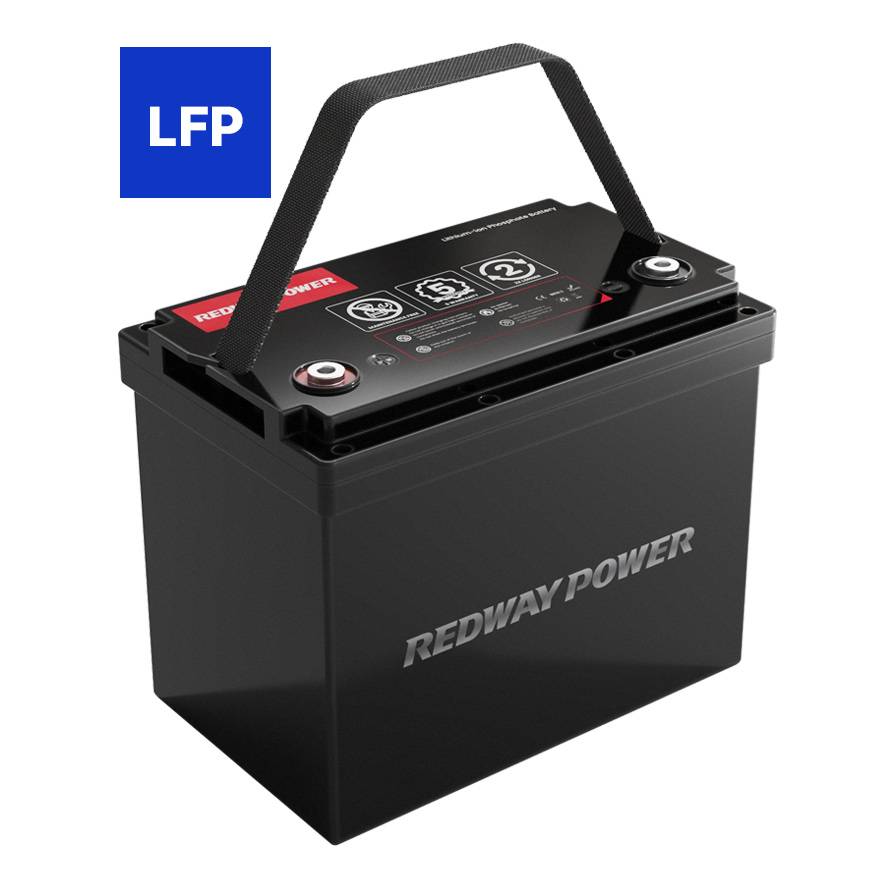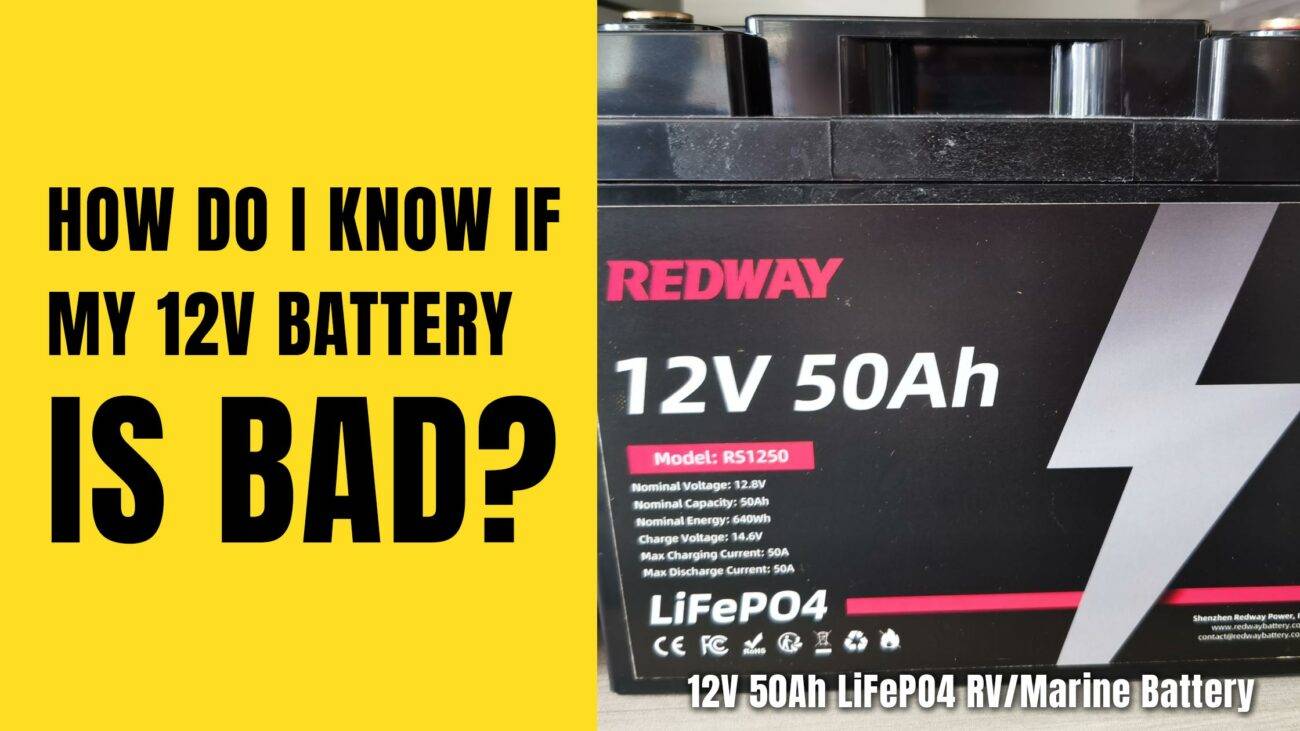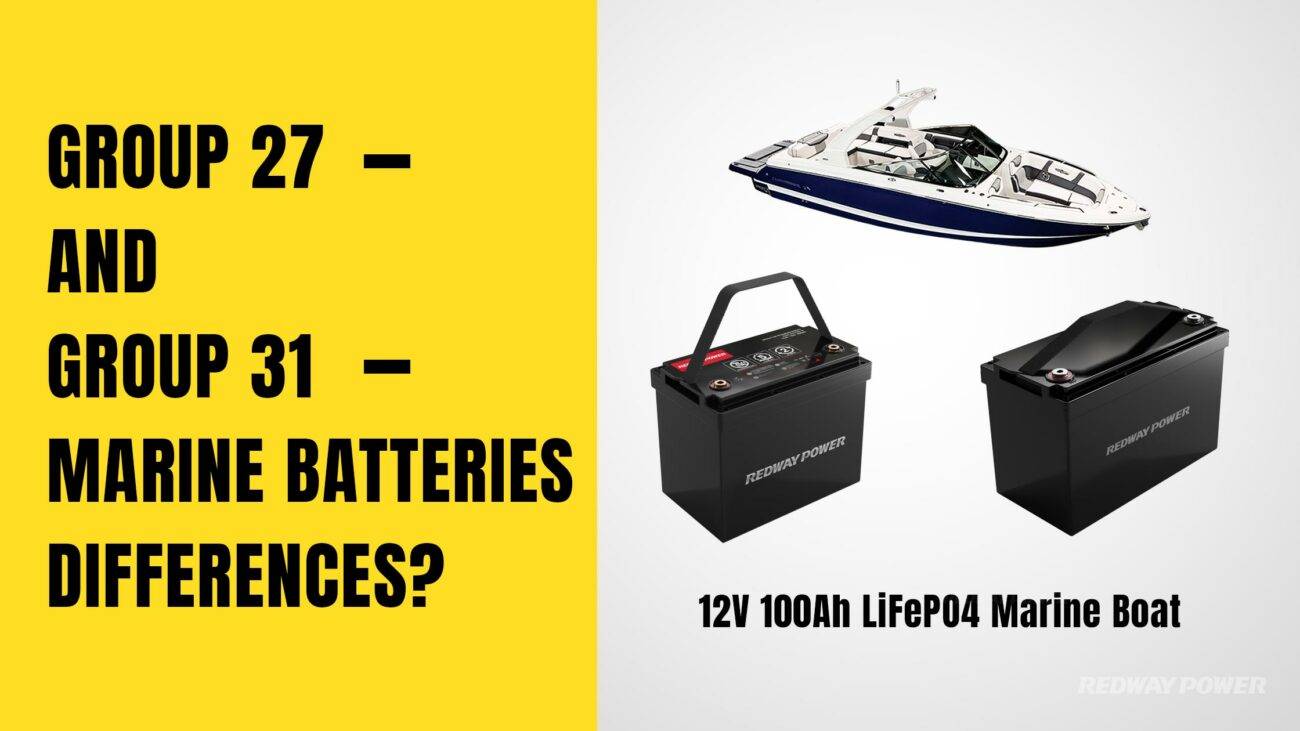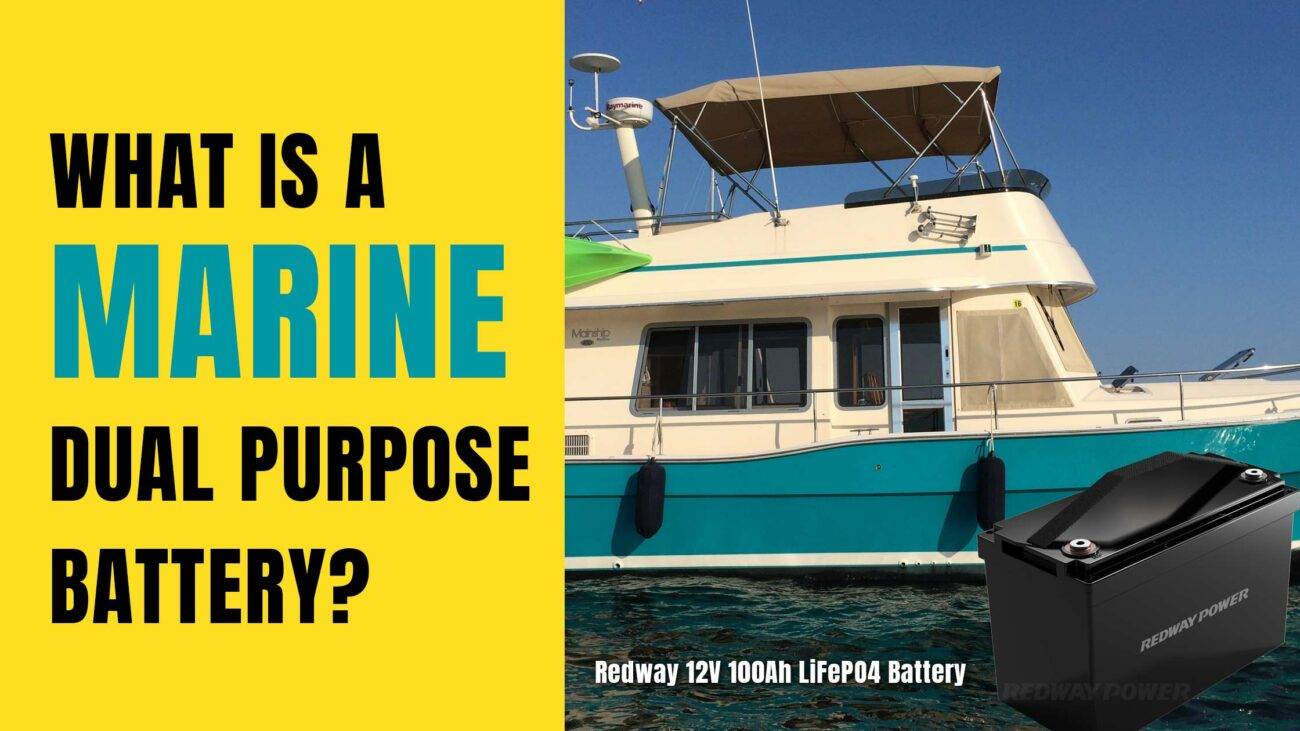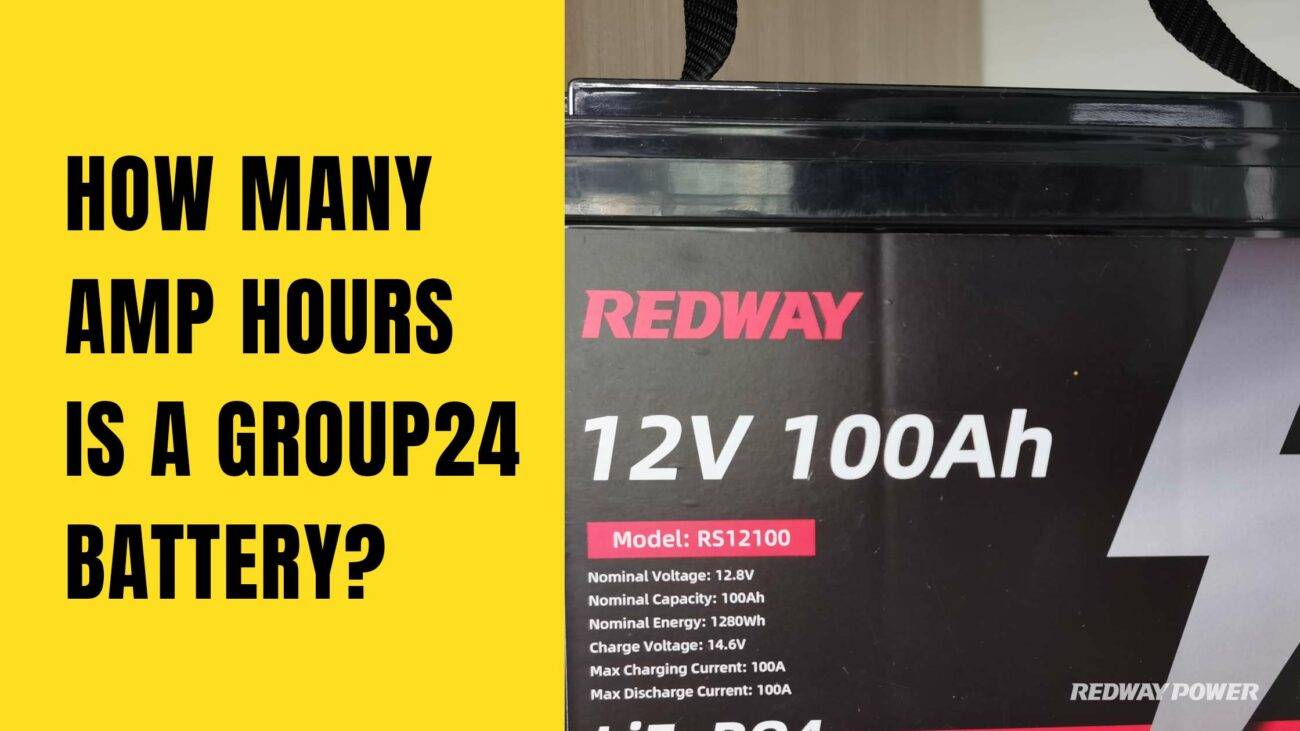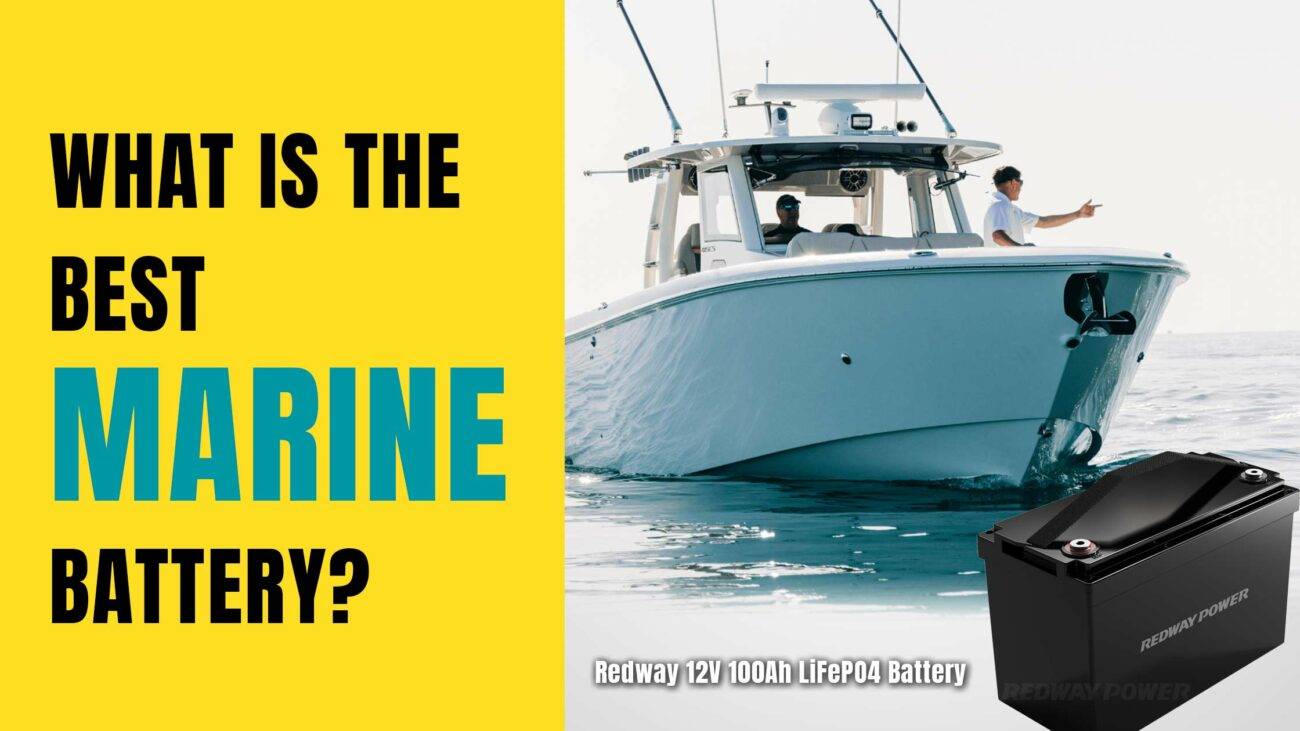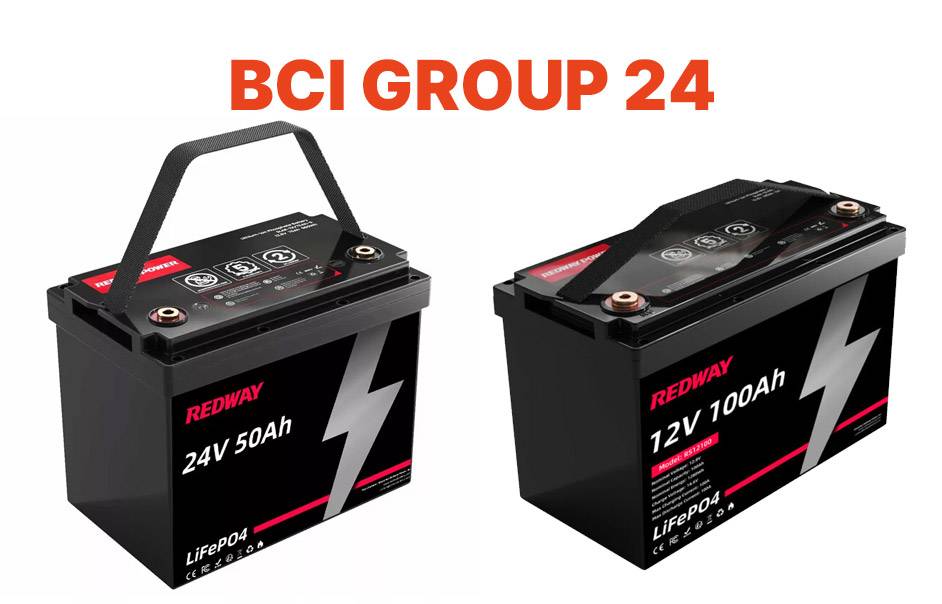Today, we’ll be diving deep into the realm of Group 24 marine batteries – their features, benefits, and how to choose the perfect one for your beloved vessel. So grab your life jacket and get ready for an electrifying adventure on the open waters!
What is a Group 24 Marine Battery?
Introduction to Marine Batteries
Marine batteries are an essential component of any boat’s electrical system. They provide the power needed to start the engine, operate electronic devices, and ensure a smooth sailing experience. One popular type of marine battery is the Group 24 marine battery.
What is a Group 24 Marine Battery?
A Group 24 marine battery refers to a specific size and configuration of battery designed for use in boats. It falls under the category of lead-acid batteries, which are known for their reliability and durability. The “Group” designation indicates the physical dimensions and terminal placement of the battery.
Benefits of Using a Group 24 Marine Battery
There are several advantages to using a Group 24 marine battery on your boat. Its compact size makes it ideal for smaller vessels with limited space available. Despite its small footprint, this type of battery still packs enough power to handle most boating applications effectively.
Another benefit is its versatility. A Group 24 marine battery can be used as both a starting and deep cycle battery, making it suitable for various purposes such as powering trolling motors or running appliances onboard.
How to Choose the Right Group 24 Marine Battery for Your Boat
When selecting a Group 24 marine battery for your boat, there are certain factors you should consider. Start by determining your power requirements based on your boat’s electronics and accessories.
Look at important specifications like amp-hour rating (AH), reserve capacity (RC), and cold cranking amps (CCA). These figures will give you an idea about how long the battery can supply electricity before needing recharging or how well it performs in cold weather conditions when starting engines may be more challenging.
Tips for Maintaining and Caring for Your Group 24 Marine Battery
To ensure optimal performance from your group 24 marine battery, proper maintenance is crucial:
1) Regularly check electrolyte levels if applicable.
2) Clean terminals regularly using baking soda and water.
3) Store the battery in a cool, dry place when not

Benefits of Using a Group 24 Marine Battery
Benefits of Using a Group 24 Marine Battery
When it comes to powering your boat, choosing the right battery is crucial. One option that stands out among others is the Group 24 marine battery. This type of battery offers several benefits that make it an excellent choice for boat owners.
First and foremost, a Group 24 marine battery provides reliable starting power. Whether you’re heading out for a day of fishing or cruising on the open water, having confidence in your battery’s ability to start your engine is essential. With its high cranking amps and reserve capacity, the Group 24 marine battery ensures dependable performance every time you hit the ignition.
In addition to reliable starting power, this type of marine battery also offers extended runtime. It has ample capacity to keep all your onboard systems running smoothly throughout your boating adventures. From navigation equipment and fish finders to lights and refrigeration units, you can trust that a Group 24 marine battery will provide consistent power for all your needs.
Another benefit worth noting is the durability of Group 24 marine batteries. Built with rugged construction and designed specifically for harsh marine environments, these batteries are resistant to vibration, shock, and corrosion. So whether you encounter rough seas or extreme weather conditions, you can have peace of mind knowing that your battery will hold up under tough circumstances.
Furthermore, maintenance-free operation is another advantage offered by Group 24 marine batteries. Unlike some traditional lead-acid batteries which require regular checks on electrolyte levels and topping off with distilled water, these batteries are sealed and do not need any ongoing maintenance efforts from boat owners.
Lastly but certainly not least important when considering purchasing a new group 24 deep cycle or dual-purpose AGM (Absorbent Glass Mat) Marine Battery; they are more eco-friendly than their counterparts as they don’t release any gases while charging nor harmful chemicals if punctured compared with other types like wet-cell lead-acid ones.
The benefits of using a Group 24 marine battery are numerous. From
How to Choose the Right Group 24 Marine Battery for Your Boat
Choosing the right Group 24 marine battery for your boat is essential to ensure optimal performance and reliability on the water. With so many options available, it can be overwhelming to make a decision. Here are some key factors to consider when selecting a battery:
1. Battery Type: Determine whether you need a starting or deep cycle battery. Starting batteries deliver short bursts of high power, while deep cycle batteries provide sustained power over longer periods.
2. Capacity: Consider the capacity or amp-hour rating of the battery. This indicates how much energy it can store and how long it will last before needing recharging.
3. Size: Group 24 batteries have standard dimensions, but it’s important to check if they fit in your boat’s designated battery compartment without any modifications.
4. Maintenance: Decide between maintenance-free and traditional flooded batteries that require regular checking of electrolyte levels.
5. Brand Reputation: Research reputable brands known for producing reliable marine batteries with good customer reviews.
6. Price vs Quality: While budget considerations are important, prioritize quality and reliability over cost as investing in a higher-quality battery will pay off in the long run.
By considering these factors, you can choose a Group 24 marine battery that meets your specific needs and ensures hassle-free boating experiences!
Tips for Maintaining and Caring for Your Group 24 Marine Battery
Maintaining and caring for your Group 24 marine battery is essential to ensure its longevity and optimal performance. Here are some tips to keep in mind:
1. Regular Inspections: Regularly inspect your battery for any signs of damage, such as cracks or leaks. Also, check the terminals and cables for corrosion or loose connections.
2. Cleanliness is Key: Keep your battery clean by wiping it down with a damp cloth regularly. Avoid using abrasive cleaners that can damage the casing or terminals.
3. Charge Properly: Follow the manufacturer’s instructions on charging your Group 24 marine battery. Overcharging or undercharging can shorten its lifespan.
4. Storage Considerations: If you’re storing your boat during offseason, remove the battery and store it in a cool dry place away from direct sunlight and extreme temperatures.
5. Use a Battery Tender: Consider using a battery tender when not using your boat regularly. This device helps maintain the charge level without overcharging the battery.
6.Proper Disposal of Old Batteries:
When it’s time to replace your Group 24 marine battery, make sure to dispose of it properly at designated recycling centers instead of throwing them away in regular trash bins.
Remember, proper maintenance and care will help extend the life of your Group 24 marine battery so you can enjoy hassle-free boating adventures!

Alternative Options for Boat Batteries
Alternative Options for Boat Batteries
While Group 24 marine batteries are a popular choice among boat owners, it’s important to know that there are also alternative options available. These alternatives can offer different features and benefits depending on your specific needs. Here are a few examples:
1. AGM (Absorbent Glass Mat) Batteries: AGM batteries are known for their durability and resistance to vibration, making them ideal for use in marine environments. They have a longer lifespan compared to traditional flooded batteries and require very little maintenance.
2. Lithium-ion Batteries: Lithium-ion batteries have gained popularity in recent years due to their lightweight design and high energy density. They offer excellent performance and can be recharged quickly. However, they tend to be more expensive than other battery types.
3. Gel Batteries: Gel batteries use a thick gel electrolyte instead of liquid acid, which reduces the risk of spills or leaks. They provide good deep cycle capabilities and have a long service life.
4. Dual-Purpose Batteries: If you’re looking for versatility, dual-purpose batteries may be the right choice for you. These batteries are designed to handle both starting tasks and deep cycling applications.
When considering alternative options, it’s essential to assess your specific boating needs such as power requirements, budget constraints, and space limitations on your boat.
In conclusion,
Choosing the right marine battery is crucial for ensuring uninterrupted power supply during your boating adventures. A Group 24 marine battery offers many benefits such as ample capacity, reliable performance, compatibility with various boats, and affordability.
However,
there is no one-size-fits-all solution when it comes to boat batteries.
Considering factors like power demands,
battery type preferences,
and maintenance requirements will help you make an informed decision about which option best suits your needs.
Remember,
proper care
and regular maintenance routines
will optimize the lifespan
and performance of any marine battery you choose.
